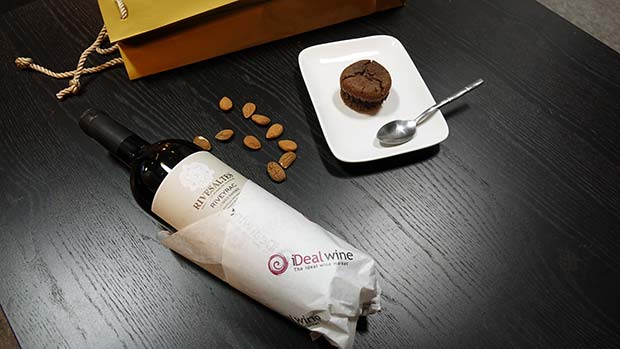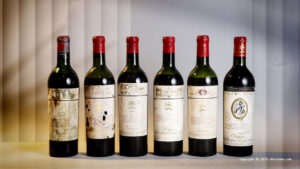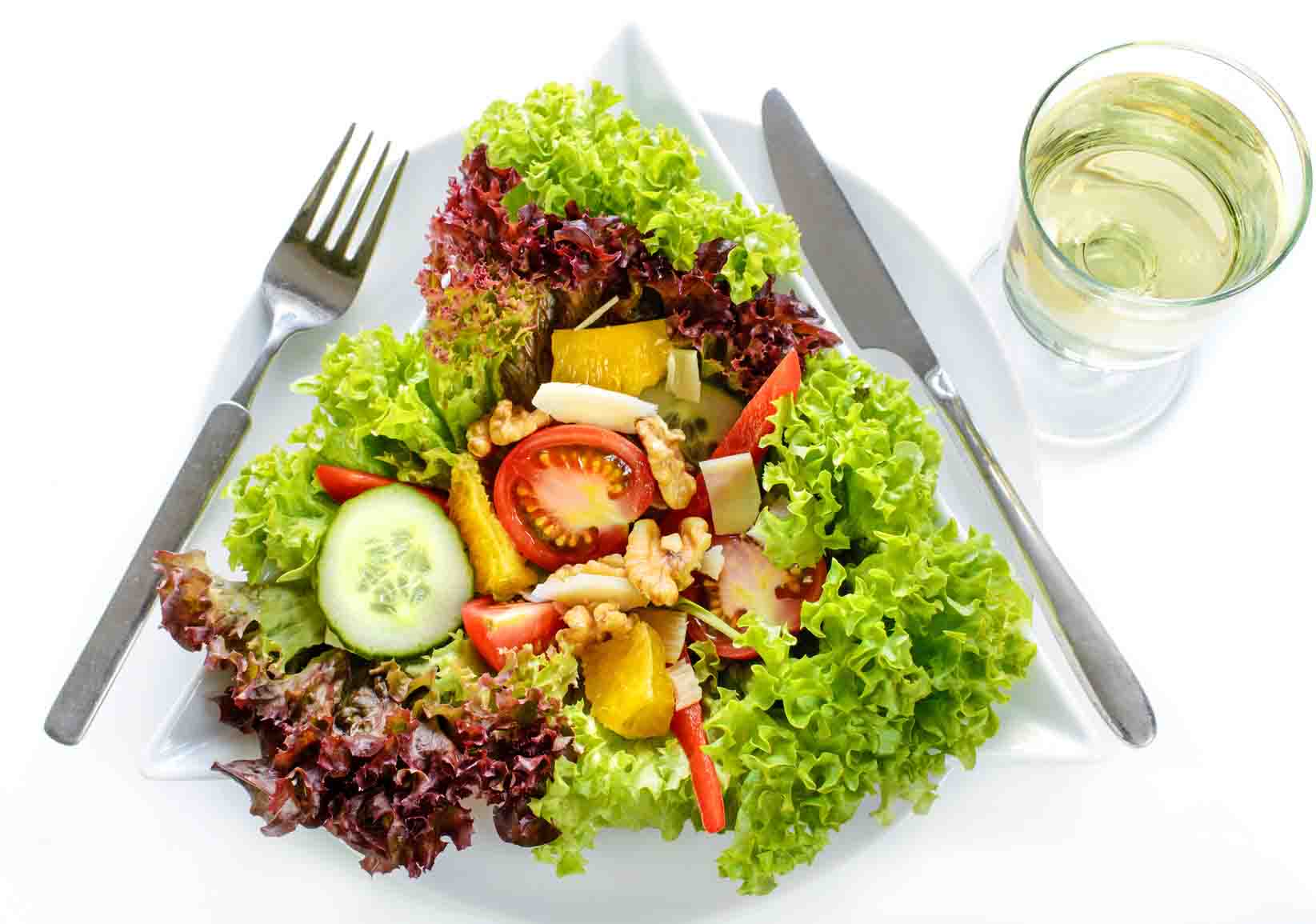
Are you looking for gift ideas for a significant birthday this year? The start of a new decade perhaps? Have you thought about a vintage Rivesaltes?
Why these fantastic sweet wines make excellent birthday presents.
If someone you know is celebrating their 50th, 60th or 70th birthday this year, you can be sure that a Rivesaltes from their birth year will hit the spot. The big advantage is that no other vintage wine offers such value for money – you can buy a 70-year-old wine for under €100! This is especially good as although 1947 was an excellent year for most French wines (Bordeaux and Burgundy in any case), the same can’t be said for 1957 or 1967. It is hard to find wines that are still good to drink from these two years.
With a naturally sweet wine from Rivesaltes, there’s a good chance you’ll be offering a unique and exceptional tasting experience. Not everyone has the opportunity to try such an old wine, so it’s highly likely this will be a first. This delicious and unusual wine also requires a different way of drinking. A bottle of Rivesaltes is perfect on its own after a meal and is what is known as a meditative wine (or digestif to be more prosaicJ). And, once a bottle is finished, there’s a good chance that the recipient will decide to keep it to prolong the memory.
About Rivesaltes
The majority of these wines are made from Muscat (Muscat Blanc à Petits Grains and Muscat d’Alexandrie) and Grenache (Grenache Blanc, Noir and Grenache Gris), Tourbat, Malvoisie and Maccabéo.
Like Banuyls, Maury, and Muscat, Rivesaltes is a naturally sweet fortified wine or vin doux naturel (VDN). This means a wine that has been “muted” during the fermentation stage through a process known as mutage. That probably isn’t very clear, but in reality it’s nothing complicated. With both red and white wine, mutage simply involves deliberately stopping fermentation by adding alcohol (eau de vie as it happens) to the must1. This conserves some of the residual sugars that haven’t had time to convert into alcohol and also increases the volume of alcohol (by adding strong and neutral alcohol). The outcome is a wine with much higher sugar and alcohol levels than traditional wines. Increasing the level of alcohol (from 15-16°C) stops fermentation by killing the yeasts (which are lysed, or dissolved, by the alcohol).
After vinification, comes the élevage stage. Rivesaltes, like all other VDNs, are oxidative wines. This means that during élevage, in oak barrels or in demijohns and usually for several years, the wines are deliberately exposed to the air. Sometimes demijohns are kept in the open air for part of the élevage so the wine is also exposed to sunlight. Élevage can easily take up to 50 years! This approach significantly alters the taste of the wine, as it does with vin orange. In the case of VDNs it reduces the primary aromas (fruit) and concentrates the tertiary aromas (produced during élevage) of dried fruit, leather, tobacco and nuts. These wines are oxidative rather than oxidised. Oxidative winemaking is a highly specialised, deliberate and meticulous process that is skilfully carried out by the producer. It should not be confused with oxidation, which is a fault and a sign of a tired, poorly aged wine that has developed unpleasant nutty and overcooked apple aromas.
The Rivesaltes taste
As you can see, Rivesaltes is a sweet wine with highly distinctive aromas. To give you an idea, its muted character is similar to Port. Given the length of the élevage, the tertiary aromas are the most obvious. These include tobacco, leather, roasted coffee and cocoa, along with plenty of dried fruit (dates, raisins, prunes, dried apricots), walnut and almond. There is a slight bitterness (a blend of walnut, butter and spicy aromas) which is known as “rancio”. The high sugar levels and intensity of the aromas can be intimidating but in reality these wines are generally well balanced and retain an astonishing fresh quality which stops them from being sickly. In all then, these are highly original wines. Everyone should try them at least once!
How to drink Rivesaltes
As we said at the beginning, Rivesaltes wines can be enjoyed perfectly on their own, without food. They are better at the end of the meal rather than as an aperitif (their richness and power could tire the taste buds). They make an excellent digestif and can also take the place of dessert, or follow on from it.
Rivesaltes make for some exciting food and wine pairings. They are magical with dark chocolate (low in sugar and high in cocoa) and so of course pair well with all types of dark chocolate dessert (mousse, fondant, etc). Another good pairing is with a nut tart (a match made in heaven with those rancio aromas). Rivesaltes and blue cheese is also an excellent combination (for the contrast). Give it a try!
1 must = grape juice that hasn’t fermented yet
Discover the Rivesaltes currently on sale
Register to access auctions and fixed-price sales
Access the wines on sale
Read further on iDealwine Le Blog:
- Pairing wine with cheese
- Pairing wine with fish and shellfish
- Pairing wine with chocolate
- Food and wine pairings: how to choose a dish to serve with a very fine wine
- For vegetarians (or not): what are the right food/wine pairings for vegetables?
- Grilled lobster with salted butter



